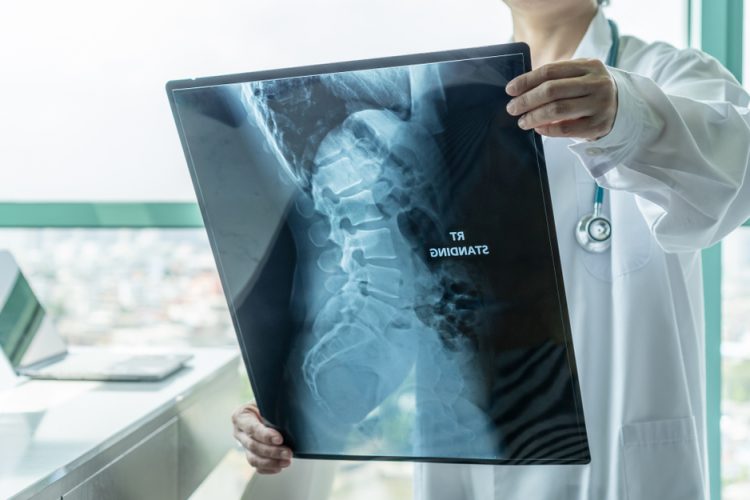NICE recommends risdiplam for spinal muscular atrophy
Posted: 24 November 2021 | Anna Begley (European Pharmaceutical Review) | No comments yet
The new draft guidance recommends Evrysdi (risdiplam) to treat spinal muscular atrophy as part of a managed access agreement (MAA).


The National Institute for Health and Care Excellence (NICE) has published new draft guidance recommending risdiplam – also called Evrysdi™ and made by Roche – for the treatment of spinal muscular atrophy (SMA), as part of a managed access agreement (MAA).
The MAA is a special arrangement between National Health Service (NHS) England and NHS Improvement and the company Roche. It will allow people to access treatment with risdiplam while more data is collected to address the uncertainties identified by the independent NICE committee. After this, NICE will decide whether or not to recommend it for routine use on the NHS and update the guidance. NICE added that it will be available through the MAA until then.
SMA can be grouped into five main types (types 0 to 4). Type 1 SMA is one of the most severe forms of SMA and people with it usually die before the age of two if untreated, usually because of respiratory failure. Risdiplam is licensed to treat people with types 1, 2 and 3 SMA and some people with the condition before they start showing symptoms.
The committee agreed that risdiplam is innovative because its oral administration means it is an alternative for people who cannot have other treatments for SMA. It also means people can have it at home.
According to NICE, clinical evidence showed that risdiplam improves the ability to sit up, stand or walk for people with type 1, 2 and 3 SMA and that it may be effective for people before they start showing symptoms of SMA. There is also some evidence suggesting that people with type 1 SMA live for longer on risdiplam. However, there is no direct evidence comparing risdiplam with best supportive care for type 1 SMA. And there is no long-term evidence of benefit for risdiplam overall.
The committee did not recommend risdiplam for routine commissioning at this time as the cost-effectiveness estimates were substantially higher than the range normally considered a cost-effective use of NHS resources. In the case of type 1 SMA, this was despite agreeing that risdiplam could be considered a life-extending treatment at the end of life.
“We are pleased that there will now be the option of a convenient oral treatment for people with SMA that can be administered at home,” commented Meindert Boysen at NICE. “This will not only be less burdensome, and therefore have a positive impact on the lives of both people with SMA and their caregivers, but it will also reduce the treatment administration needs to the NHS. In practical terms, the availability of an oral drug should lead to greater adherence to treatment, along with giving access to a treatment to those who are not able to have other currently recommended options.”
Related topics
Big Pharma, Drug Safety, Regulation & Legislation, Therapeutics
Related organisations
National Institute for Health and Care Excellence (NICE), Roche









